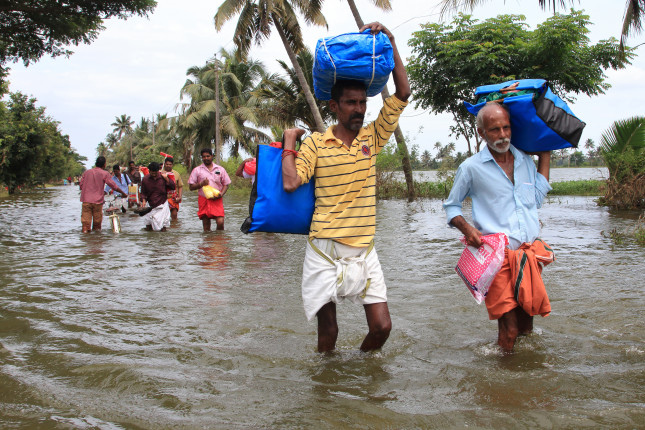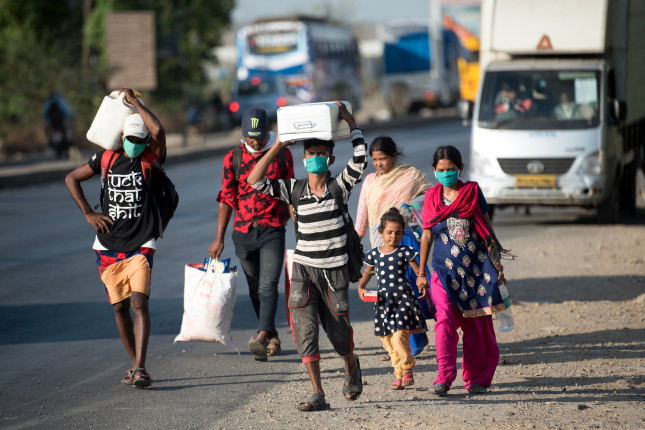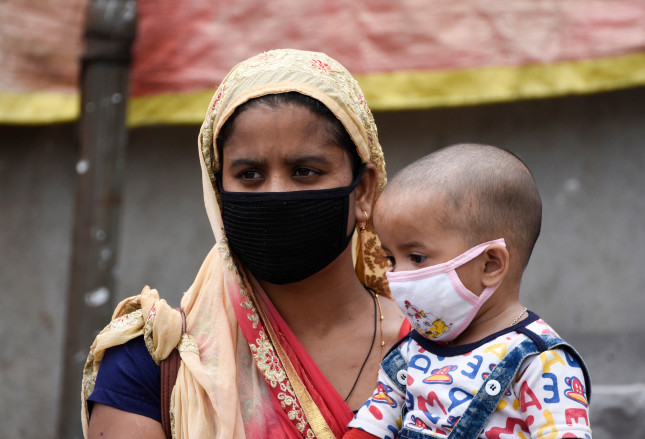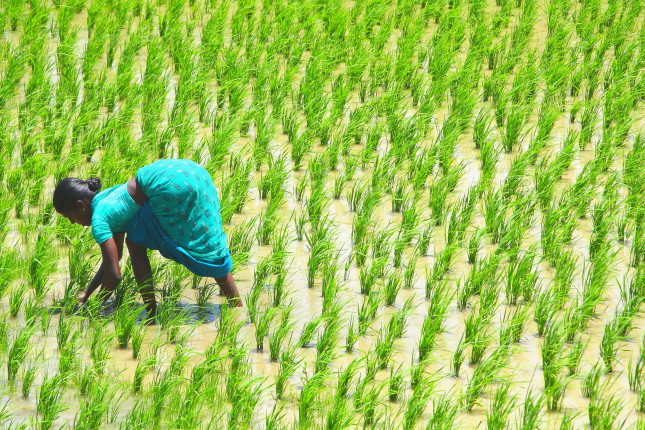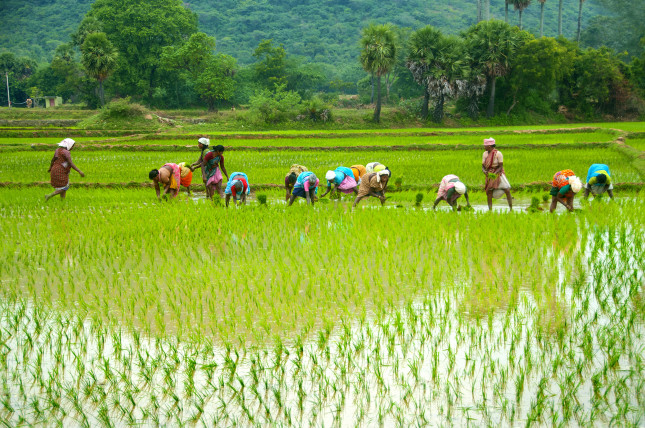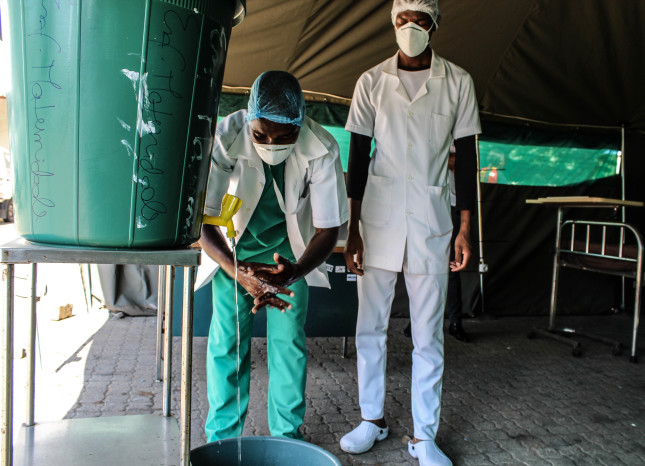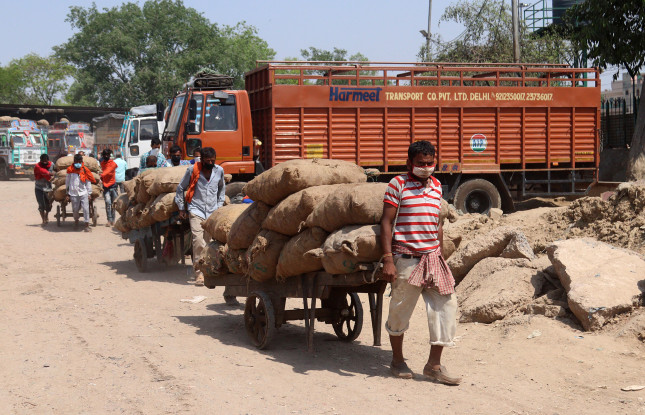-
Accelerating the Transition: Can the U.S. Support India’s Path to Net Zero?
›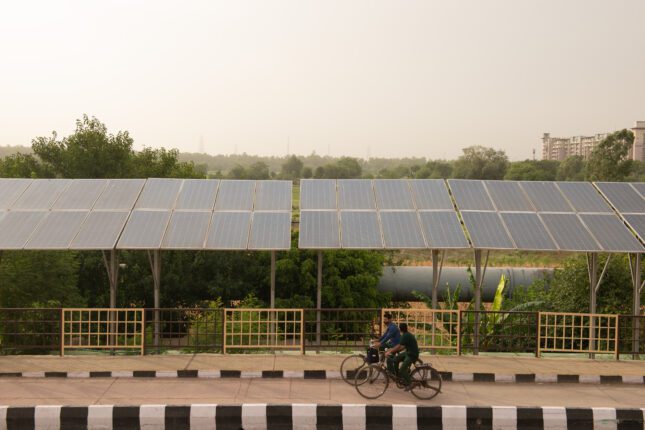
Energy is a bridge that has historically fostered the U.S.-India relationship. The reasons are many. Both economies focus on energy security, climate action, economic cooperation, and technological innovation.
Recent innovations in India offer new challenges and opportunities. The country has rapidly deployed renewable energy (RE) technologies to meet its stated Net Zero targets. This effort has exceeded its promises; 40% of India’s electricity now comes from renewable sources. And the nation’s other ambitious target— installing 450 GW—would triple this existing capacity in less than ten years.
-
The Quad Should Help India Address Its Most Pressing Security Challenge: Climate Change
›
Headlines about India’s pressing security challenges often focus on tensions with Pakistan, border friction with China, and internal interethnic violence. However, the threat of climate change is in fact the paramount security threat to India in the coming decades.
-
Security Implications of Asia Pacific States’ Restrictions on Internal Migration
›
As the COVID-19 pandemic reached all corners of the world, countries rapidly introduced a series of containment policies to stop its spread, including school and workplace closures, restrictions on gathering size, and limits to population movement. In contrast to complete or partial border closures for foreign nationals, restrictions on population movements within one’s country have received much less attention, despite the fact that most countries introduced restrictions on internal migration during the pandemic in the form of bans on inter- or intra-provincial travel, or partial or complete lockdowns. With over 300 million internal migrants in India and 261 million in China (out of an estimated 760 million internal migrants worldwide), these barriers to mobility are particularly acute in Asia. But are they effective?
-
COVID-19 Causes Dire Disruptions in Maternal, Child, and Reproductive Health Services
›
“The pandemic has undoubtedly resulted in more deaths and more illness – particularly for the most vulnerable women and children,” write the authors of a new United Nations International Children’s Emergency Fund (UNICEF) report examining the direct and indirect effects of the COVID-19 pandemic in South Asia. The report found that the disruptions in several essential health services due to the COVID-19 pandemic had a “substantial impact” on maternal and child mortality in the region.
-
Gender Equality and Food Security in Rural South Asia: A Holistic Approach to the SDGs
›January 4, 2021 // By Cindy Zhou
Globally, nearly 690 million people were hungry in 2019. Though the number of people who experience hunger in Asia has declined since 2015, the continent still accounts for more than half of the world’s hungry, or undernourished, at approximately 381 million people. Working toward Sustainable Development Goal 2 (SDG 2), “Zero Hunger,” will require major changes to the world’s food production systems.
-
Agriculture’s Achilles’ Heel: Water Insecurity Is the Greatest Threat to Sustaining Global Food Production
›
Simply put, without water there is no food. Global food and nutritional security require resilient agricultural systems, which, in turn, depend on reliable and sustainable supplies of freshwater, whether from rainfall or irrigation. It is an often-neglected dependency, and one that threatens to undermine our ability to meet our future food needs and maintain the ecosystems upon which all life depends.
-
The Great Disruptor: COVID-19 Threatens Essential Health Services for Women and Children
›
“The world is at risk of losing millions of women and children due to reductions in coverage of essential services, reversing hard-earned progress towards the SDGs [Sustainable Development Goals] to date and posing catastrophic consequences for households and communities,” said Dr. Koki Agarwal, Project Director of the United States Agency for International Development’s (USAID) MOMENTUM Country and Global Leadership award, at a recent event on the importance of ensuring continuity of maternal, newborn, and child health services, voluntary family planning, and reproductive health care during the COVID-19 pandemic. The event was the first in a series of virtual country knowledge exchange discussions organized by USAID’s MOMENTUM Country and Global Leadership, led by Jhpiego and partners.
-
COVID Crisis in India: Migrant Workers Exposed to Further Exploitation
›
In India, COVID-19 has put the spotlight on migrant workers’ precarious working conditions. First, the sweeping lockdown left many workers jobless, forcing them to walk hundreds of kilometers to their native villages. Now, in a reaction to the coronavirus, states are loosening labor laws in a bid to get their economies up and running. As a consequence, migrant laborers have to work even more hours.
Punjab and Gujarat amended their Factories Act in April, increasing the work time to 72 hours every week. Rajasthan has upped working hours from 8 to 12 hours per day. Uttar Pradesh (UP) has exempted companies from almost all labor laws for the next three years. The relaxed UP laws relate to occupational safety, health, and working conditions, and those that pertain to contract workers and migrant laborers.
Showing posts from category India.


